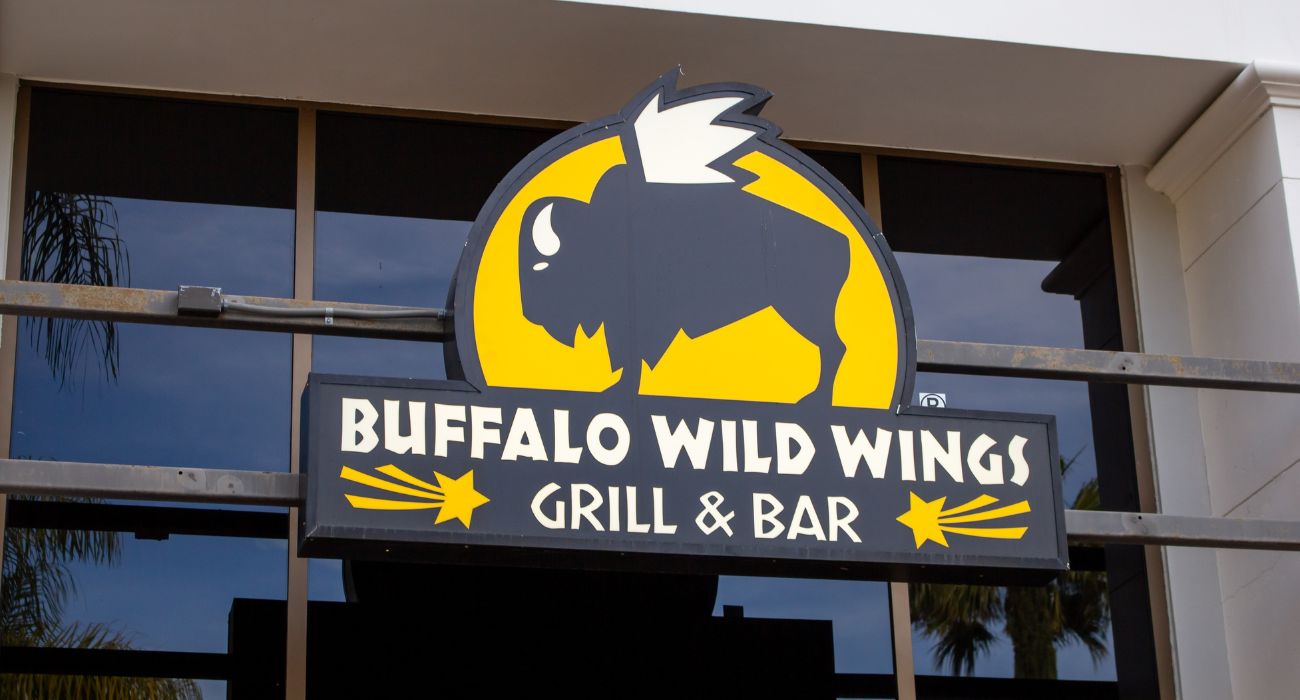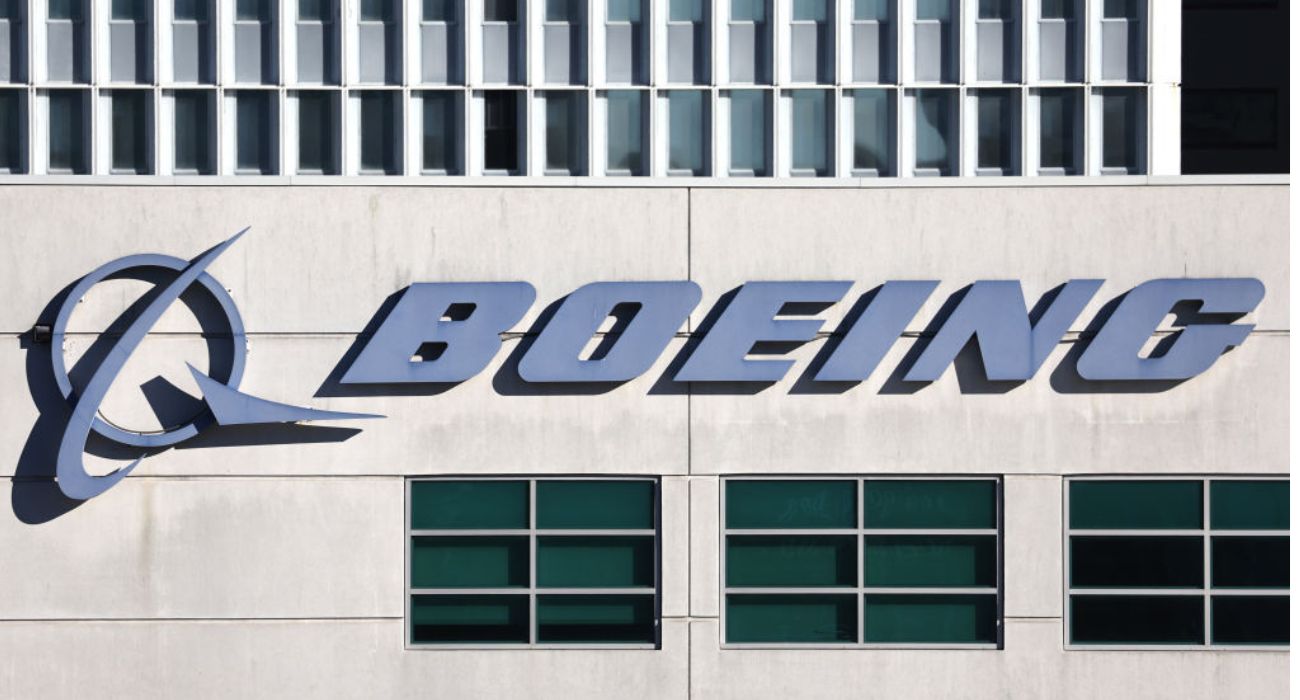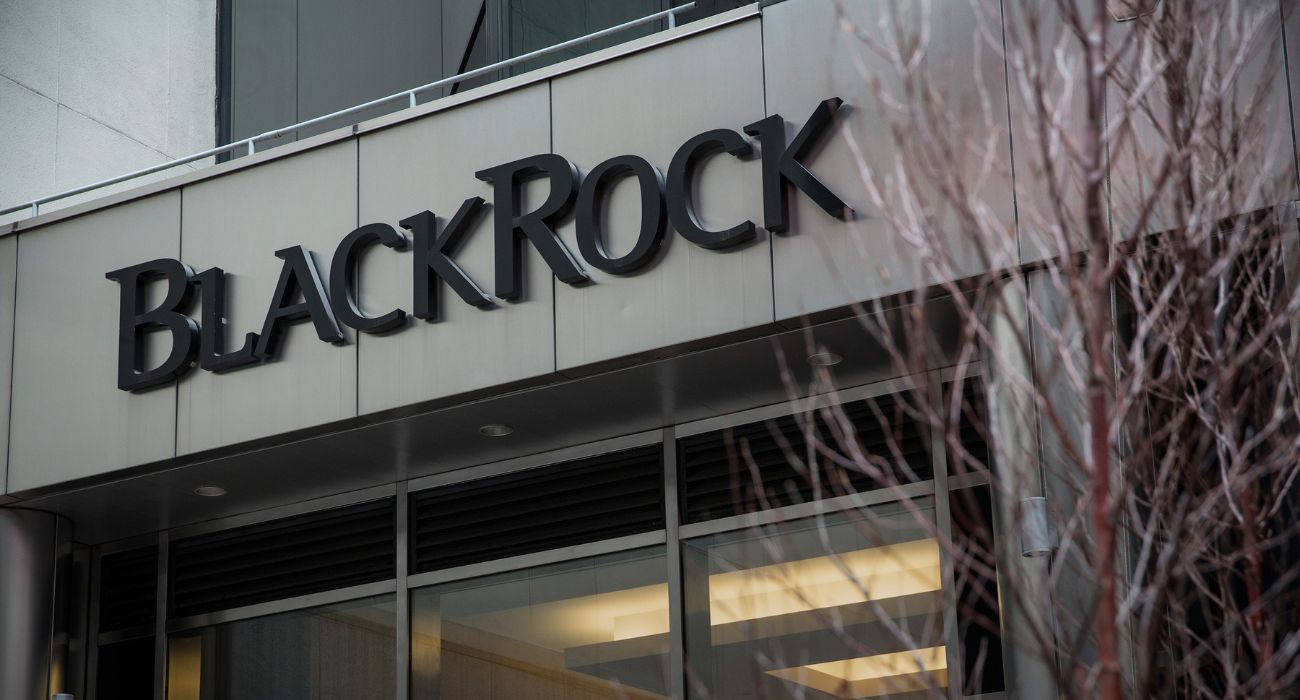A Chicago man is suing a restaurant chain on the grounds that its “boneless wings” are just chicken nuggets, inciting debate over the name of the popular food item.
Aimen Halim asserts in a class action lawsuit against Buffalo Wild Wings that its chicken wings are “not wings at all, but instead, slices of chicken breast meat deep-fried like wings. Indeed, the products are more akin, in composition, to a chicken nugget rather than a chicken wing.”
The complaint claims that the restaurant chain was guilty of deceptive marketing and advertising and asserts that BWW should alter its menu to disclose that the wings are made of chicken breast meat.
Buffalo Wild Wings sarcastically responded to the class action in a tweet last week, writing: “It’s true. Our boneless wings are all white meat chicken. Our hamburgers contain no ham. Our buffalo wings are 0% buffalo.”
Users on Twitter joined the debate, with one replying to BWW, “Then dont [sic] call them wings.”
But another commented, “If you don’t know that boneless ‘wings’ aren’t actually wings, that’s on you not BWW lol…”
Still another user argued back, “Why is that on you? If you went to the store and bought a pack of boneless chicken thighs only to get home and discover they were breasts cut into the shape of thighs I’d bet you’d be pissed. Boneless wings sounds [sic] like wings that have been deboned.”
Indeed, Halim’s complaint went on to point out that other restaurants have named their boneless menu items in a way that prevents confusion.
It explained that Domino’s Pizza labeled its product “boneless chicken,” and Papa John’s used the name “chicken poppers” instead of “boneless wings.”
In Buffalo Wild Wings’ case, the menu notes its boneless wings are “lightly breaded” and “all-white chicken.”
Although wings are technically “white meat,” per America’s Test Kitchen, they hover somewhere between white and dark due to their dark muscle fibers and higher-fat content.
Wingstop and Wendy’s also offer “boneless wings” that are not real wings, according to the New York Times.
“Had Plaintiff and other consumers known that the Products are not actually chicken wings, they would have paid less for them, or would not have purchased them at all,” the complaint read. “Therefore, Plaintiff and consumers have suffered injury in fact, as a result of Defendants’ deceptive practices.”
There is a difference in price for boneless wings at Buffalo Wild Wings, with six boneless wings costing $9.79 and six bone-in wings going for $10.79.
Some food commentators have pointed out that the practice of labeling these boneless products as “wings” is a marketing strategy since wings are associated with sports and bar culture.
“You’re associating it with the Super Bowl and parties and fun, so you transform the perception of the product,” explained Christopher Kimball, founder of the home cooking company Milk Street, per The Huff Post.
“Nuggets” or “tenders,” on the other hand, may evoke images of lower-quality fast food or kid-friendly food, potentially affecting the price consumers are willing to pay. For comparison, a 10-piece order of McDonald’s chicken nuggets costs $4.99.
Restaurants using chicken breast in their “boneless wings” became more common over the past couple of decades as the price of bone-in wings went up.
Because restaurants could get chicken breast for cheaper than chicken wings, they upped their marketing of “boneless wings,” which actually resulted in “boneless wings” sales surpassing that of bone-in wings, as Food Beast reported.
This has led to a drop in the price of wings over the past few years, with the most recent data from the U.S. Department of Agriculture showing a pound of breast tenders going for an average of $4.24 compared to the same quantity of bone-in wings priced at $2.43.
Halim’s class action lawsuit was filed on March 10 in the U.S. District Court in the Northern District of Illinois.
The suit said Halim seeks $5 million in damages, exclusive of interest and costs.
Halim has filed similar suits against big corporations, including ones against Colgate, Kind, and Hefty.
In the case of Hefty, he claimed the company should not call its bags “recycling bags” because they are not recyclable, per Business Insider. The suit against Hefty was dismissed in August.






